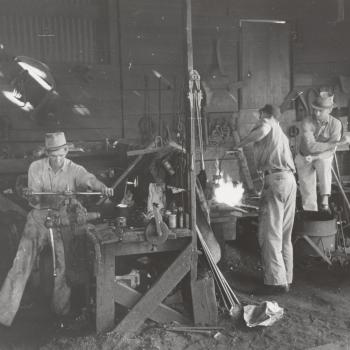A woman in a friendly poker game is dealt a lousy hand. Nonetheless, she leans in with a sparkle in her eye. She bets with confidence. On her turn to draw cards, she requests zero. Her bluff or gamesmanship is part of poker. It’s normal, expected and ethical. Her roommate, who is not playing, circles the table, replenishing drinks. Her roommate gives the woman a small cue about the prospects for the other players. This is cheating. Anyone who plays... Read more

















